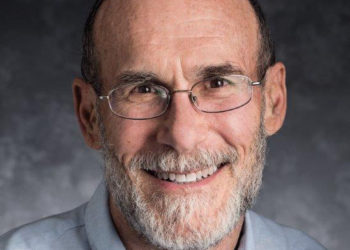More than 50 years ago, Richard Feynman gave the lecture below on how science works, and the troubles he had in making this clear to non-scientists. Continuing the theme from last week’s video, things don’t seem to have changed all that much, the lack of surety, the impossibility of proving a negative, the continuing evolution of knowledge, all the things Feynman describes still continue to confound many who expect cut and dried answers from science.
Discussion
1 Thought on "Richard Feynman on the Scientific Method"
I’ve used this video in hundreds of seminars and workshops. We discuss it looking for that secret thing that makes science special. Turns out science is universal. And it is not special. All societies on earth invent science. Laura Nader makes this point this way,
Do Cree hunters practice science? The answer to this question would seem to depend on whether one defines science according to universal features, or culturally specific ones. If one means by science a social activity that draws deductive inferences from first premises, that these inferences are deliberately and systematically verified in relation to experience, and that models of the world are reflexively adjusted to conform to observed regularities in the course of events, then, yes, Cree hunters practice science— as surely all human societies do. At the same time, the paradigms and social contexts of Cree science differ markedly from those of Western science— accustomed as we are in the West to a “root metaphor” of impersonal causal forces that opposes “nature” to “mind,” “spirit,” and “culture,” and conditioned as we also are to view legitimate scientific procedure and production as the prerogative of particular professional and institutionalized elites. While there is no a priori reason to expect that knowledge generated out of non-Western paradigms or social processes should be empirically or predictively less adequate, it has been an effect of Western ethnocentrism to construe non-Western knowledge processes as “pseudoscientific,” “protoscientific,” or merely “unscientific.” Western science, in fostering an ideology of knowledge that supports its own elite status, has assisted the exclusion and disqualification of innumerable “subjugated knowledges.”
I’ve always suggested there are two limitations in Feynman’s presentation of science. First, deriving the consequences of the guess, whatever that guess is, requires individual judgments that cannot be precisely described or predicted. Similarly, the actions involved in comparing the consequences of “the guess” to experiment or experience are not precisely identifiable. Feynman’s scenario is just a bit simplistic. In the words of Andrew Pickering, “Of course, many of these theories may seem implausible, but to speak of plausibility is to point to a role for scientific judgment: the relative plausibility of competing theories cannot be seen as residing in data which are equally well explained by all of them.”
